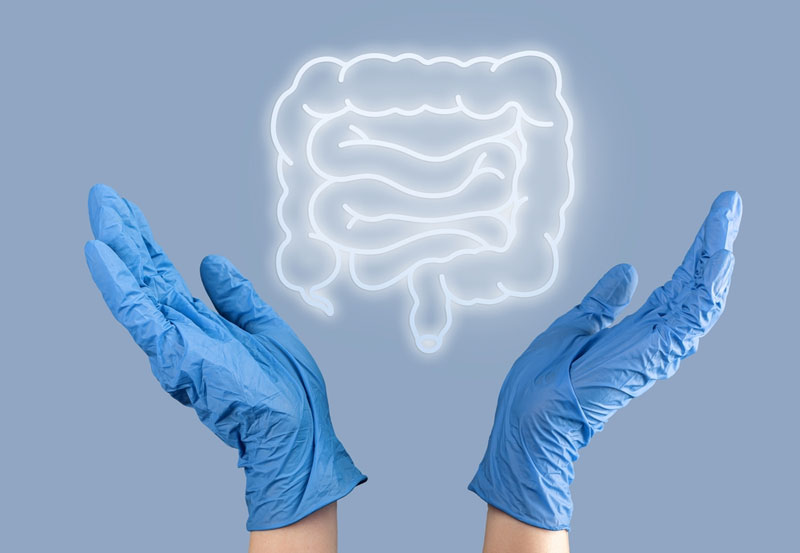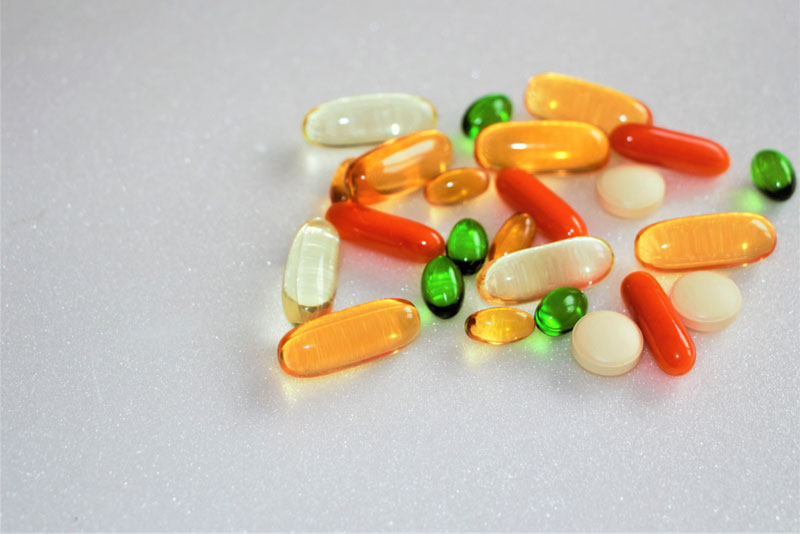Imagine enjoying your meals with enhanced nutrient absorption, less bloating, and improved overall digestion. That’s the dream. Well, it can be your reality. Unveil the secret of optimal digestive health through probiotics and multi-enzymes! These natural and powerful supplements have been causing a buzz in health communities. They boost gut health and play key roles in numerous bodily functions you might never have attributed to your digestive system. Dive into this detailed exploration of these essential health allies and discover how they could revolutionize your wellness journey!
Understanding Probiotics and Multi-Enzymes
Probiotics and multi-enzymes are often spoken about together when discussing digestive health. However, they serve different purposes in the body. Probiotics contain live bacteria and yeast that help keep the gut healthy by balancing the number of good bacteria in the digestive system. Enzymes, on the other hand, help break down protein, carbohydrates, and fats in the foods we eat. They are naturally found in our bodies but can also be taken as supplements to aid digestion.
While probiotics emphasize maintaining gut health, enzymes work like catalysts to speed digestion by breaking down certain food products our bodies cannot metabolize alone. Both impact how well your body fights off infections and regulates metabolism.
How Digestive Enzymes Function Within the Body

Digestive enzymes are essential for proper nutrient absorption. Without them, macronutrients like carbs, protein, and fat aren’t adequately broken down in the small intestine, leading to malabsorption and discomfort. Digestive enzyme deficiencies are often associated with digestive issues such as heartburn, indigestion, and diarrhea. Over-the-counter supplements like lactase and alpha-galactosidase can help improve digestion for intolerances like lactose and legumes.
Varieties of Digestive Enzymes
Digestive enzymes come in several types, each with its unique role in breaking down food. The primary digestive enzymes produced in the pancreas encompass:
Amylase: Produced in the mouth and pancreas, amylase breaks down complex carbohydrates into simpler sugars.
Lipase: Synthesized in the pancreas, lipase breaks down dietary fats into smaller, more digestible components.
Protease: Also produced in the pancreas, protease plays a crucial role in breaking down dietary proteins into their constituent amino acids. Furthermore, the small intestine contributes to the digestive process by producing several other common enzymes, including:
Lactase: Dedicated to breaking down lactose, the sugar found in dairy products, lactase is essential for individuals who may otherwise experience lactose intolerance.
Sucrase: This enzyme breaks down sucrose, a common sugar in various foods.
These diverse digestive enzymes work together harmoniously to ensure the efficient digestion and absorption of nutrients from the foods we consume.
Benefits of Probiotics for Digestive Health

Improved Gut Microbiome: Probiotics are beneficial bacteria that can help balance the gut microbiome by increasing the “good” bacteria population. A balanced microbiome is associated with better digestion and overall health.
Enhanced Nutrient Absorption: Probiotics can help absorb essential nutrients, such as vitamins and minerals, by improving the gut’s ability to break down and assimilate them from food.
Reduced Digestive Discomfort: Multi-strain Probiotics may alleviate common digestive issues like bloating, gas, and indigestion. They can help regulate bowel movements and promote regularity.
Immune System Support: Most of the immune system resides in the gut. Probiotics can strengthen the immune system by maintaining a healthy gut environment, potentially reducing the risk of infections and illnesses.
Management of Digestive Disorders: Probiotics are beneficial in managing certain digestive disorders, such as irritable bowel syndrome (IBS), inflammatory bowel disease (IBD), and diarrhea caused by infections or antibiotic use.
Benefits of Multi-Enzyme Supplements for Digestive Health

Improved Digestion of Macronutrients: Multi-enzyme supplements typically contain enzymes like amylase (for carbohydrates), lipase (for fats), and protease (for proteins). These enzymes assist in breaking down these macronutrients into smaller, more easily digestible molecules.
Alleviation of Food Intolerances: Multi-enzyme supplements, such as lactose intolerance, can be particularly useful for individuals with food intolerances. Enzymes like lactase can help break down specific food components that might otherwise cause digestive discomfort.
Enhanced Nutrient Absorption: Multi-enzyme supplements can improve nutrient absorption by aiding in the efficient breakdown of food, ensuring the body gets the most out of its food.
Support for Aging Digestive Systems: As we age, the body’s natural enzyme production may decline, leading to digestive issues. Multi-enzyme supplements can compensate for this decline and support healthy digestion in older individuals.
Relief from Occasional Digestive Distress: Multi-enzyme supplements can relieve occasional digestive discomfort, including bloating, gas, and post-meal heaviness.
Choosing Between Digestive Enzymes And Probiotics
The body does not naturally produce probiotics so a supplement can offer digestive advantages for virtually anyone. They may help alleviate gastrointestinal discomfort in individuals already grappling with digestive issues. However, many opt to include probiotics in their routine for preventive and supportive purposes.
For those dealing with food allergies or displaying symptoms indicative of malabsorption, it’s prudent to contemplate the potential deficiency of digestive enzymes. In such cases, a digestive enzyme supplement could lead to a marked improvement in digestive health.
Is It Good To Combine Digestive Enzymes and Probiotics?
Combining probiotics and digestive enzymes can be a winning strategy for optimizing your digestion. These supplements create an ideal scenario for your gastrointestinal health when taken together. Probiotics protect your digestive system by maintaining a healthy balance of gut bacteria. In contrast, digestive enzymes enhance digestion, ensuring your food is properly broken down and absorbed.
Using probiotics and digestive enzymes together can maximize the nutritional benefits of your foods while promoting overall digestive well-being. Importantly, both supplements are generally considered safe for simultaneous use. Since they serve different functions within the digestive process, there is no inherent risk associated with taking them together. Combining these two supplements may offer the most comprehensive support for your digestive health.
Wrapping Up
It’s important to note that while both probiotics and multi-enzyme supplements offer potential benefits for digestive health, their effectiveness may vary from person to person. Consulting with a healthcare professional or a registered dietitian before starting any new supplement regimen is advisable, especially if you have specific digestive concerns or underlying health conditions.
